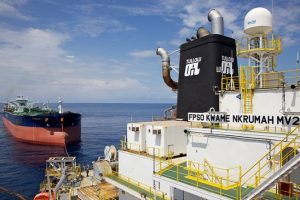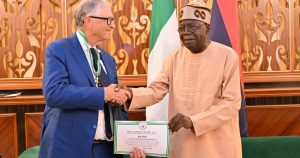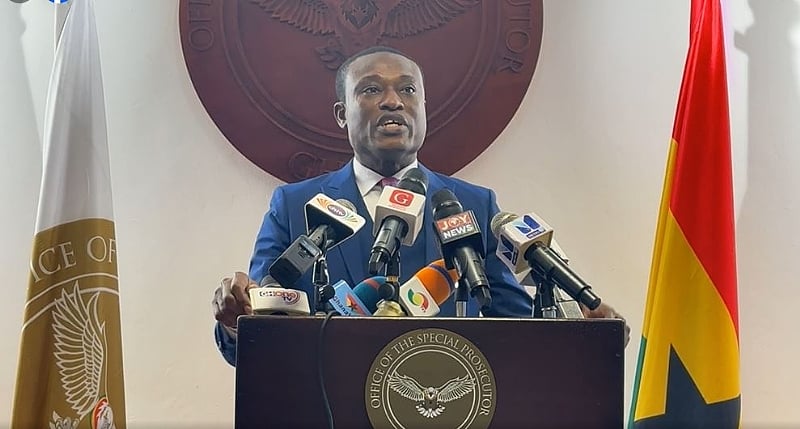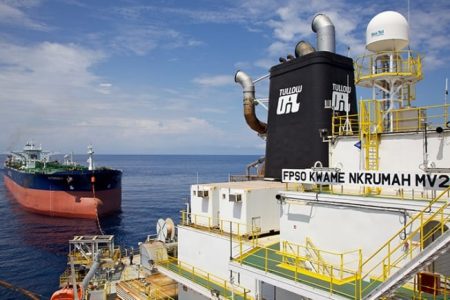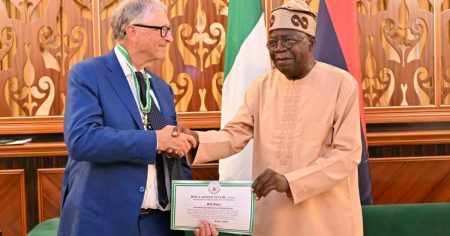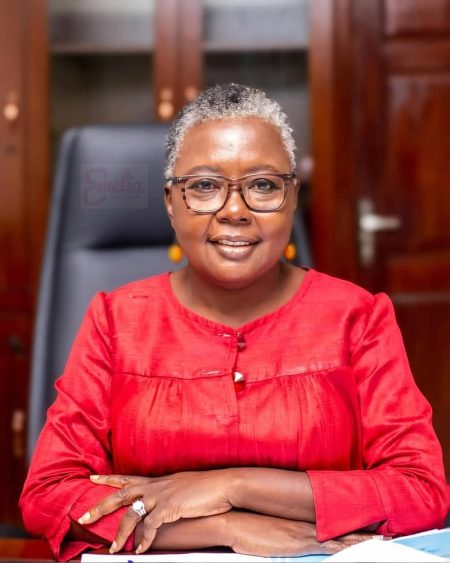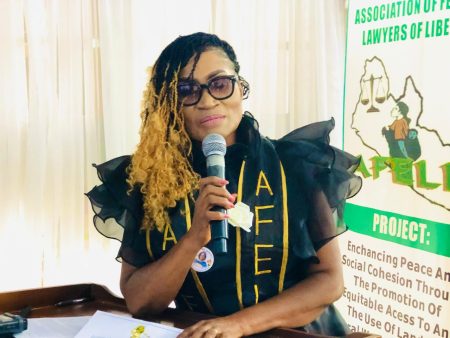Case Updates from the Office of the Special Prosecutor (OSP)
The Office of the Special Prosecutor (OSP) provided updates on several ongoing investigations, highlighting progress and challenges in pursuing cases related to corruption and corruption-related offenses. Key updates included the Cecilia Dapaah case, the Charles Bissue case, an investigation into the National Petroleum Authority (NPA), and the highly publicized case involving former Finance Minister Kenneth Nana Yaw Ofori-Atta.
Cecilia Abena Dapaah Case: Jurisdictional Challenges
The investigation into Cecilia Abena Dapaah, former Minister of Sanitation and Water Resources, for suspected corruption and related offenses involving substantial sums of money and valuable items, encountered jurisdictional complexities. While the OSP’s and FBI’s investigations yielded no direct evidence of corruption, they identified potential money laundering and structuring activities, falling outside the OSP’s direct mandate. The case was referred to the Economic and Organised Crime Office (EOCO), which initially declined jurisdiction, arguing that money laundering is a collateral offense requiring a predicate offense. After a change in EOCO leadership, the case was returned to the OSP and then re-referred to EOCO for review and investigation. The OSP pledged its full cooperation with EOCO. This back-and-forth between agencies highlights the intricate legal landscape surrounding financial crimes and the need for clear jurisdictional delineations.
Charles Bissue and Andy Thomas Owusu Case: Plea Bargain Reached
In the case against Charles Bissue, Secretary of the disbanded Inter-Ministerial Committee on Illegal Mining, and Andy Thomas Owusu, facing fifteen counts of corruption and corruption-related offenses, significant progress was made. Mr. Owusu negotiated a plea bargain with the OSP, focusing on restitution and reparation. The plea bargain, accepted by the Special Prosecutor based on factors such as Mr. Owusu’s criminal history, cooperation level, likelihood of conviction, potential impact on witnesses, and case backlog considerations, will be finalized in court. This plea bargain demonstrates the OSP’s willingness to utilize alternative dispute resolution mechanisms to secure accountability and recover assets while streamlining the judicial process.
National Petroleum Authority (NPA) Investigation: Uncovering a Corrupt Scheme
The OSP’s investigation into the NPA and its officials uncovered a sophisticated corrupt scheme. Between 2022 and 2024, high-ranking and other NPA officials allegedly used their positions to extort large sums of money from oil marketing companies and other entities under their regulatory purview. The scheme involved threats, intimidation, coercion, bribery, and regulatory pressure. The OSP traced GHC280,516,127.19 in proceeds, which were allegedly used to acquire apartments, houses, fuel trucks, and establish competing oil marketing companies. Criminal charges are expected to be filed against the implicated individuals and companies. This investigation exemplifies the OSP’s commitment to pursuing complex financial crimes and holding individuals and organizations accountable.
Kenneth Nana Yaw Ofori-Atta Case: Declared a Wanted Person and Fugitive From Justice
The case of Kenneth Nana Yaw Ofori-Atta, former Finance Minister, became increasingly complex due to his persistent absence from the jurisdiction and his refusal to cooperate with the OSP’s investigation into suspected corruption and related offenses. Mr. Ofori-Atta, citing medical reasons, repeatedly postponed his scheduled appearance at the OSP. Despite accommodating his requests and granting extensions, the OSP ultimately declared him a wanted person and a fugitive from justice after he failed to provide a reasonable return date and attend a rescheduled interview. The OSP initiated procedures for an INTERPOL Red Notice and extradition request. This assertive action signals the OSP’s resolve to pursue individuals regardless of their status and underscores the importance of cooperation with law enforcement investigations.
The OSP’s Stance on Cooperation and Accountability
The OSP emphasized its commitment to holding individuals accountable, regardless of their status or position. The Special Prosecutor stressed that suspects do not dictate the course of investigations and underscored the importance of adhering to legal processes. The OSP’s actions in the Ofori-Atta case, including the issuance of an INTERPOL Red Notice and extradition request, highlight the serious consequences of non-cooperation with law enforcement. The OSP’s firm stance sends a clear message that no one is above the law and reinforces the principle of equality before the justice system.
Commitment to Transparency and Public Accountability
The OSP’s detailed briefing to the media demonstrates a commitment to transparency and public accountability. By providing regular updates on its investigations, the OSP ensures that the public is informed about its efforts to combat corruption and related offenses. This transparency fosters public trust and strengthens the OSP’s ability to carry out its mandate effectively. The commitment to detailed reporting on specific actors and actions in the upcoming NPA case further exemplifies this transparency.


